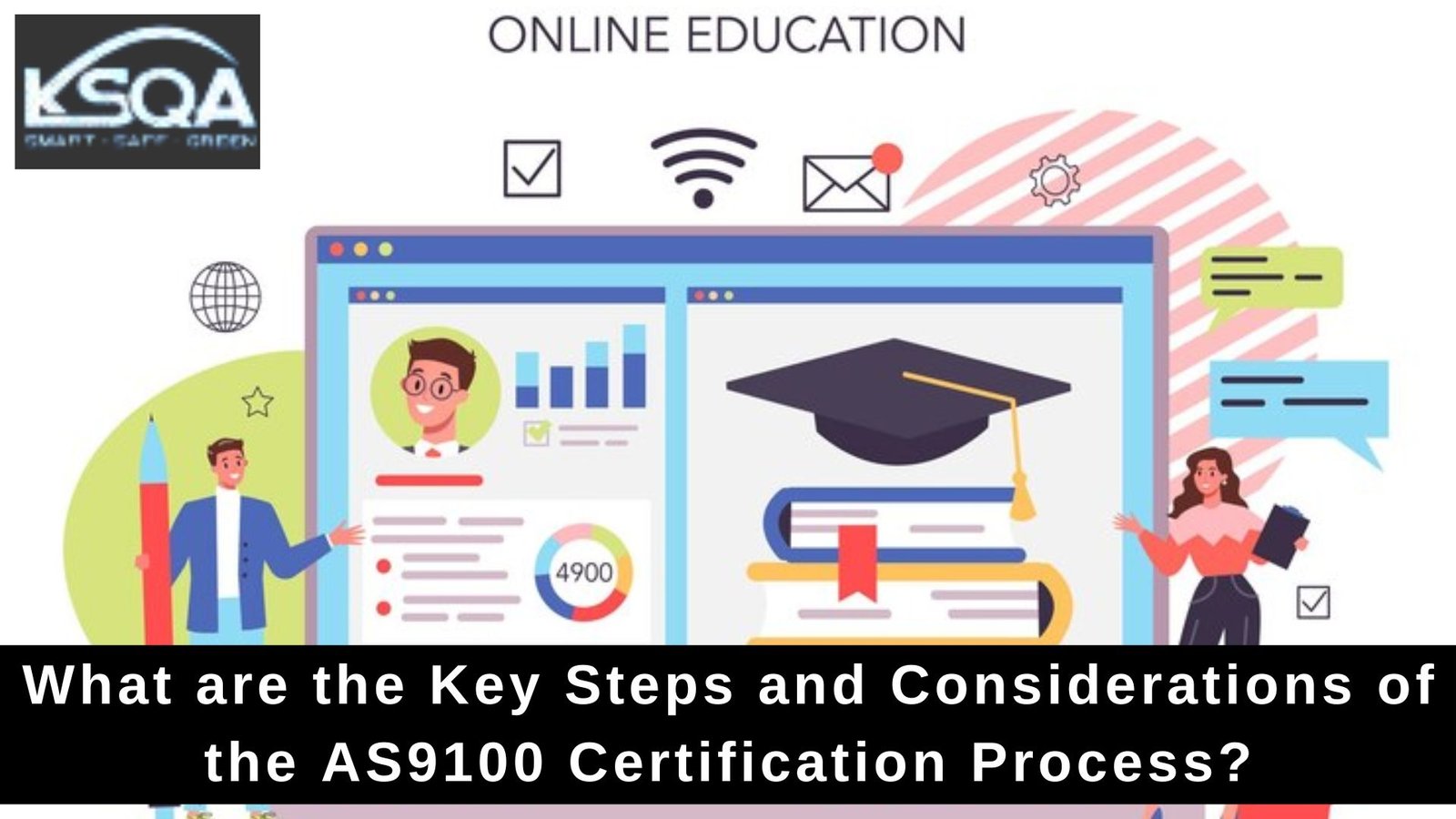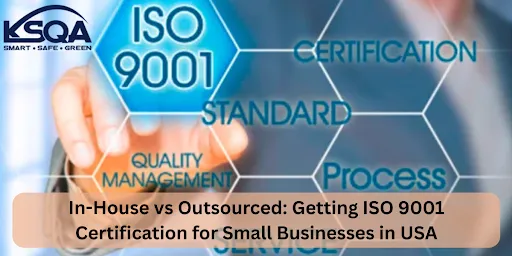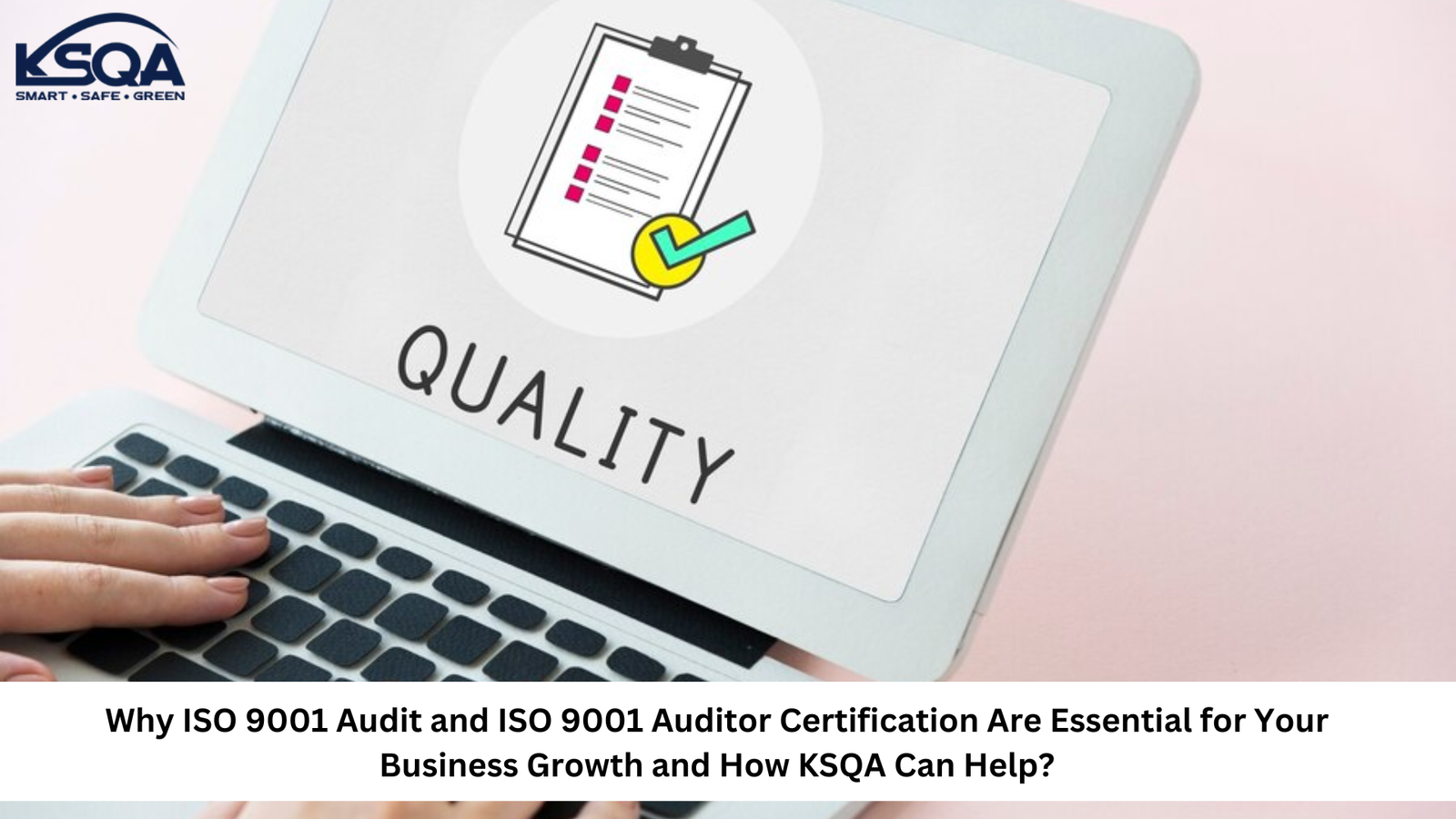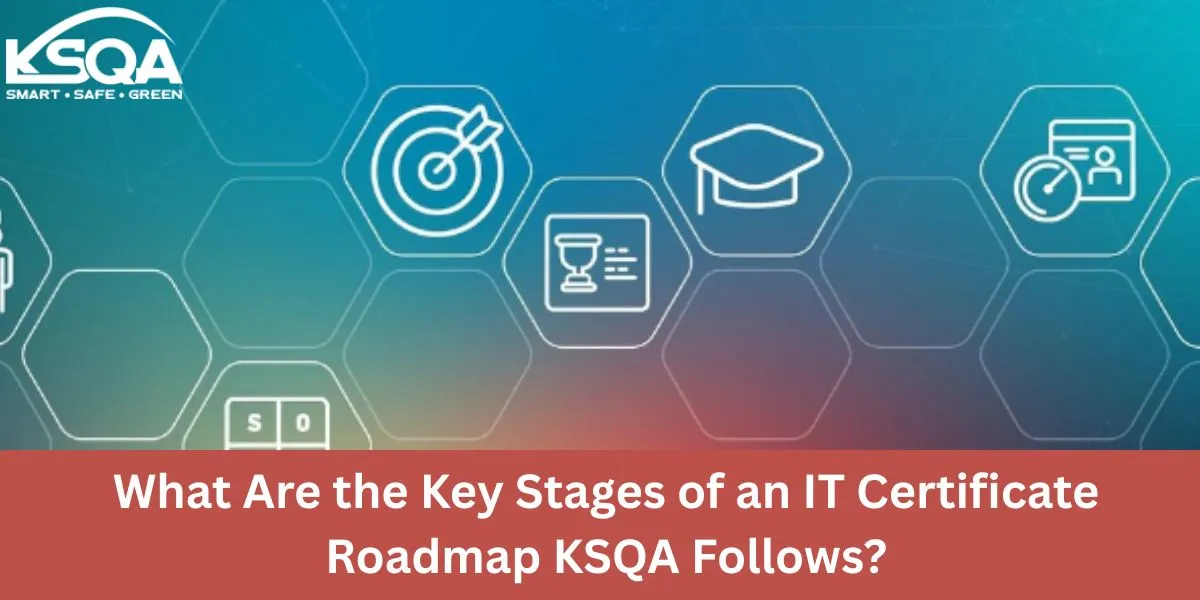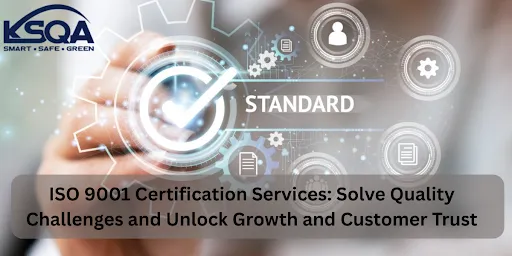In the aerospace industry, maintaining high standards of quality is crucial. AS9100 certification is a key standard that helps organizations meet these standards, ensuring quality and safety in aerospace products and services.
If you’re considering AS9100 certification for your business, understanding the complete AS9100 certification process, the associated costs, and key considerations can help you navigate this journey more effectively.
Given that, according to IAQG, “In America, about 90% of aerospace-certified organizations are certified to AS9100," achieving this certification is a significant step toward aligning with industry standards and boosting your business’s credibility.
This article is a simple guide to get you started with AS9100 certification.
Detailed Overview of the AS9100 Certification Process
AS9100 is an internationally recognized standard for quality management systems specifically designed for the aerospace industry. It builds on the ISO 9001 standard, adding requirements unique to the aerospace sector.
Achieving AS9100 certification demonstrates your organization’s commitment to quality, safety, and continuous improvement in aerospace products and services.
Here is the process to help you:
Understand the Requirements
Before starting the AS9100 certification, it’s essential to familiarize yourself with the standard's requirements. AS9100 includes specific provisions for risk management, configuration management, and product safety, among other areas.
You can access the standard from the International Aerospace Quality Group (IAQG) or other authorized distributors.
Conduct a Gap Analysis
A gap analysis helps you identify the differences between your current quality management system and the AS9100 requirements. This step involves reviewing your existing processes, procedures, and documentation to determine what changes are needed.
A thorough gap analysis will guide you in implementing the necessary improvements to meet AS9100 standards.
Develop an Implementation Plan
Based on the results of the gap analysis, create a detailed implementation plan. This plan should outline the steps needed to align your quality management system with AS9100 requirements.
It should include timelines, resources, and responsibilities. Having a clear plan helps ensure a smooth transition and effective implementation of the standard.
Train Your Team
Training is a critical component of the AS9100 certification. Your team needs to understand the new requirements and how to apply them. Provide training sessions for employees at all levels, including management, to ensure everyone is on the same page.
Effective training enhances compliance and helps embed the new practices into your organizational culture.
Implement the Changes
With your plan and training in place, begin implementing the required changes to your quality management system.
This may involve revising procedures, updating documentation, and introducing new processes. Make sure to communicate these changes clearly to all employees and provide support as needed during the transition.
Conduct Internal Audits
Internal audits are essential for assessing the effectiveness of your quality management system and ensuring compliance with AS9100 standards. Schedule regular internal audits to identify any issues or non-conformities and address them promptly.
Internal audits help you maintain continuous improvement and prepare for the external certification audit.
Prepare for the Certification Audit
The final step in the AS9100 certification is the external certification audit conducted by a third-party certification body.
It evaluates your compliance with AS9100 requirements and assesses the effectiveness of your quality management system. Ensure that all documentation is up-to-date and that your team is prepared for the audit.
AS9100 Certification Costs
Understanding the cost of AS9100 certification is crucial for budgeting and planning. The AS9100 certification cost can vary based on several factors:
Size and Complexity of Your Organization
The AS9100 cost is influenced by the size and complexity of your organization.
Larger organizations or those with more complex processes may face higher certification costs due to the increased scope of the audit and the resources required.
Consulting and Training Costs
Many organizations hire consultants to help with the AS9100 certifications. Consulting fees can vary based on the consultant’s experience and the level of support provided.
Certification Audit Fees
The certification audit is conducted by an accredited third-party certification body.
The fees for this audit can vary depending on the certification body, the size of your organization, and the duration of the audit. Obtain quotes from multiple certification bodies to compare costs.
Ongoing Maintenance Costs
After obtaining certification, there are ongoing maintenance costs to consider. These include AS9100 costs for regular internal audits, surveillance audits, and any updates or improvements to your quality management system.
Budgeting for these ongoing expenses helps ensure continued compliance and certification.
Conclusion
The AS9100 certification process involves several key steps, from understanding the requirements to preparing for the certification audit.
By following these steps and considering the associated costs, you can successfully achieve AS 9100 certification and enhance the quality and safety of your aerospace products and services.
Investing in AS9100 certification not only demonstrates your commitment to excellence but also positions your business as a trusted partner in the aerospace industry.
Ready to achieve AS9100 certification and set your business apart in the aerospace industry? KSQA provides expert guidance through every step of the AS9100 certification, ensuring a smooth and successful journey. Visit for more!

